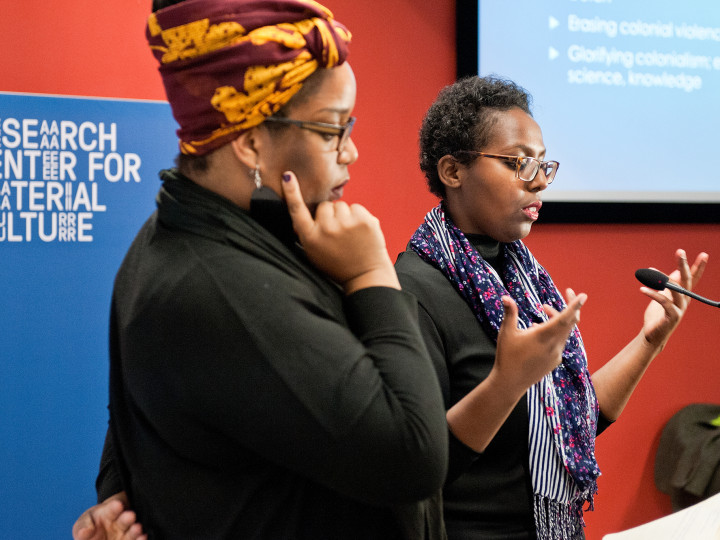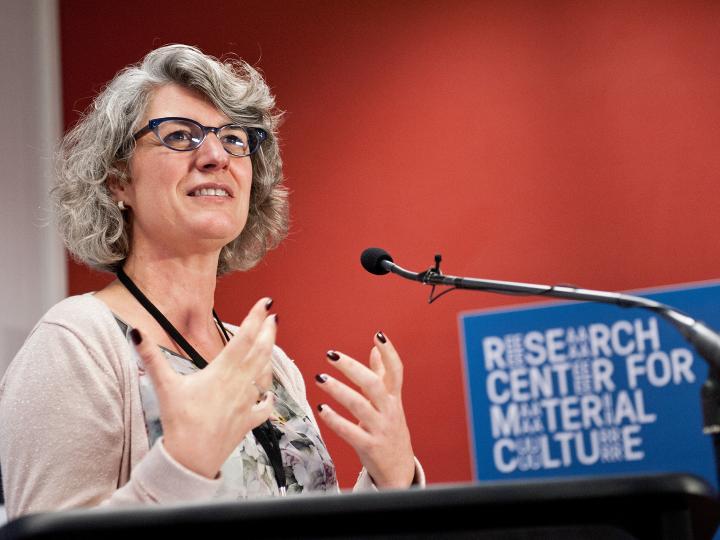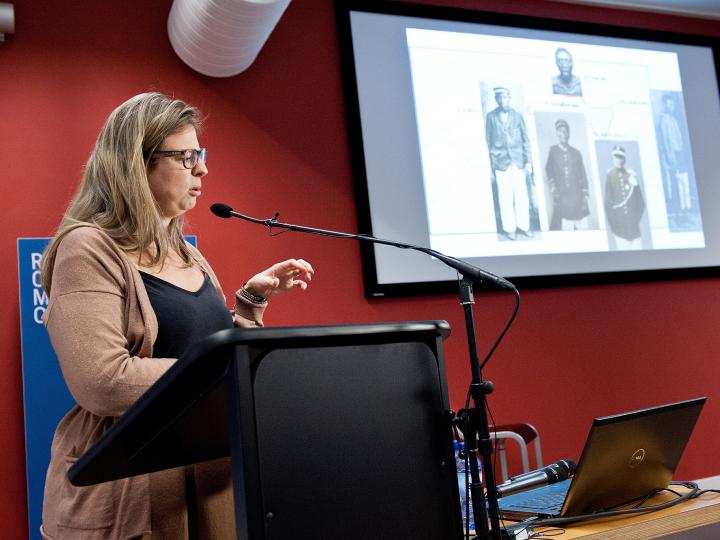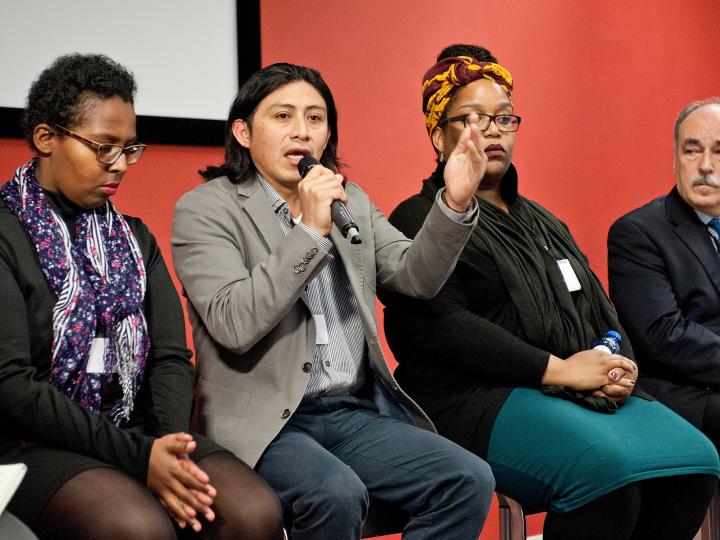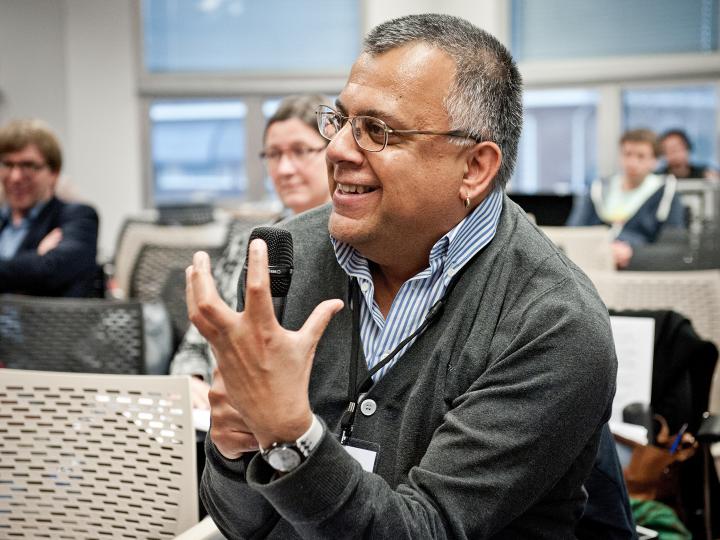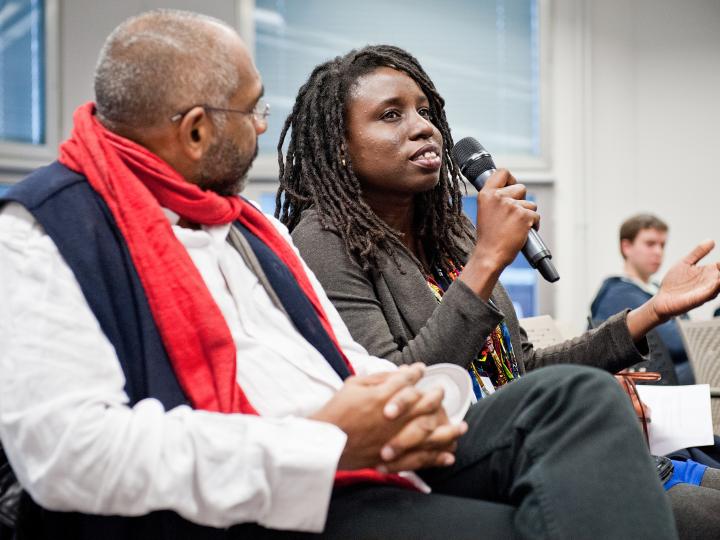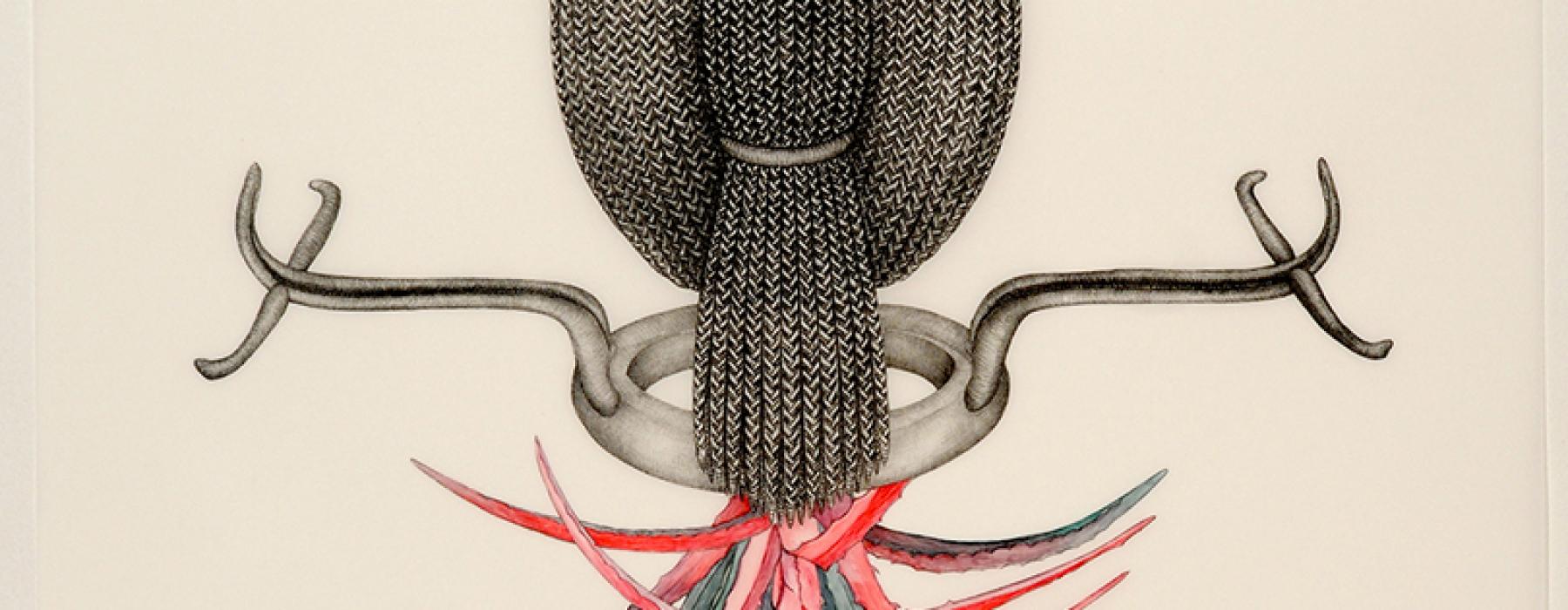
In 2012 several Caribbean nations, under the aegis of CARICOM, announced their intention to jointly demand reparations from former European colonial powers, including France, the United Kingdom, and The Netherlands. While questions of financial compensation were also included in their claim, they were also keen to emphasize that the issue was more than one of money. Indeed, several of the key figures insisted on the importance that former colonial powers accept culpability – the importance of an apology. They also highlighted the importance of debt forgiveness and sustained funding for development as important to their claim for reparation.
This recent call for reparations was of course not new, and could be seen to fall within a longer radical anti-colonial tradition in the Caribbean, which includes several claims by the Afro-Caribbean philosophical movement, Rastafari, that has always held reparation for colonial ills as a central tenet within its system of beliefs. Nonetheless this case represented several firsts. For one, this was the first time that a case was being brought not by one formerly colonized state against a former colonizer but this is a joint action of a group of formerly colonized Caribbean nations against several European states. Similarly noteworthy is the fact that the case was being brought to the International Court Justice in The Hague.
Taking the urgent instance of the Caribbean claims for reparation for colonial wrongs as a starting point we invite scholars to think about what kind of clearing is possible to create the moral, legal and political spaces where repair can be imaginable. Including but also beyond financial compensation, we wish focus on two particular demands and how they might mediate repair: namely, formal apology and the development of (or inclusion in) cultural and heritage institutions. Mindful of the fact that claims for restitution of heritage objects have also had their own histories as part of reparatory frameworks, we also want to consider if there are new, more novel possibilities of repair that include but are not limited to return of cultural objects.
Aiming to open up and expand the vital but divisive discourses of restitution and repatriation, this symposium seeks to think through other imaginings and enactments of redress and repair. What are the current conditions of possibility for redress? How are they shaped by specific historical and moral-philosophical orders and contemporary material landscapes? What are the limits and possibilities of collaboration and shared authority? Financial settlements and the return of objects and land are indeed significant and generally positive developments; however, they along with apology, are only the first steps in what must be a much longer and more pervasive process of repair. Moreover, we should consider to what extent such acts actualize or accomplish reconciliation and healing within affected groups. Beyond the expedient yet culturally anemic economic logic of compensatory justice, what else remains to be done and what else is possible?
